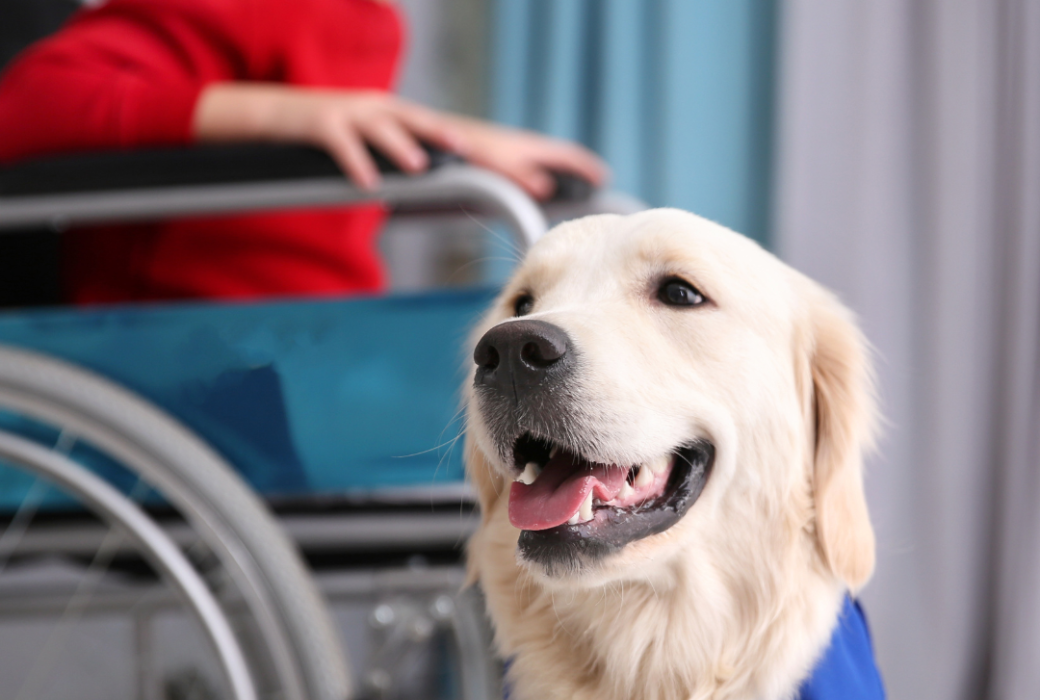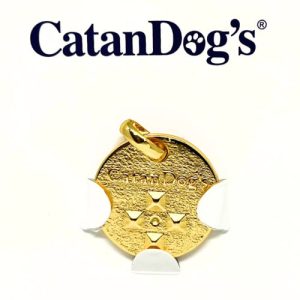How Our Furry Friends Aid Recovery After Surgery or Accidents
The journey to recovery after surgery or an accident can be challenging both physically and emotionally.
While medical treatments and therapies play a crucial role in the healing process, there’s another source of support that often goes unnoticed but is incredibly powerful: pets.
Whether you have a loyal dog, a purring cat, or any other furry or feathered companion, the presence of a pet can have a profound impact on your healing process. In this blog, we will explore the many ways in which pets contribute to the healing journey and why their role should not be underestimated.
- Reduced Stress and Anxiety
The healing process can be a stressful and anxiety-inducing time. Pain, uncertainty, and the disruption of daily routines can take a toll on one’s mental well-being. However, studies have shown that the presence of pets can significantly reduce stress and anxiety levels.
The simple act of petting a dog or stroking a cat can trigger the release of oxytocin, a hormone that promotes bonding and reduces stress. This natural stress-relief mechanism can help patients feel more relaxed and at ease during their recovery.
- Companionship and Emotional Support
Pets provide unwavering companionship and emotional support during challenging times. They are excellent listeners, and their presence alone can offer a sense of comfort and reassurance. Whether you’re confined to a hospital bed or recovering at home, having a pet by your side can ease feelings of loneliness and isolation.
Many patients report that talking to their pets or even just having them nearby helps them process their emotions and cope with the challenges of recovery. This emotional support can be just as important as medical treatments in promoting healing.
- Physical Benefits
Beyond the emotional benefits, pets can also have a positive impact on physical healing. For example:
a. Increased Mobility: Patients with pets often find motivation to get out of bed and move around more, which can aid in the recovery of mobility after surgery or accidents.
b. Lower Blood Pressure: Interacting with pets has been linked to lower blood pressure and a reduced risk of heart disease, which can be especially beneficial during the recovery period.
c. Pain Management: The distraction and comfort provided by pets can help patients manage pain more effectively and reduce the need for pain medications.
- Sense of Purpose and Routine
During the healing process, it’s common for individuals to feel like their lives have been disrupted and that they lack a sense of purpose.
Pets, on the other hand, thrive on routine. Caring for a pet, even in small ways like feeding, grooming, or taking them for short walks, can give patients a sense of purpose and structure in their daily lives.
This routine not only provides a distraction from pain and discomfort but also encourages patients to stay active and engaged, which can aid in the recovery process.
- Faster Recovery and Reduced Complications
Studies have suggested that patients who have pets may experience faster recovery times and a reduced risk of postoperative complications. The positive emotions and reduced stress associated with pet ownership can contribute to a stronger immune system, which in turn can support the body’s natural healing processes.
The healing power of pets should not be underestimated. Their ability to provide emotional support, reduce stress and anxiety, and even contribute to physical healing can make a significant difference in the recovery process after surgery or an accident.
If you’re a pet owner facing a period of recovery, cherish the presence of your furry friend—they are more than just companions; they are partners in your healing journey.
For those considering getting a pet, the potential benefits to your overall well-being, especially during challenging times, are undeniable. Whether through wagging tails, comforting purrs, or feathered companionship, pets have a unique way of helping us heal, one pawprint at a time.


